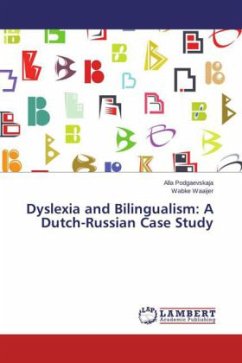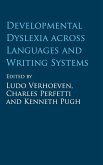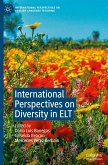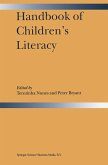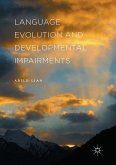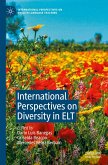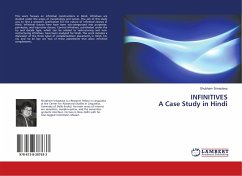This book investigates how different features of the Russian language, such as extremely unpredictable word stress, complex inflectional and derivational morphology, and phonetic vowel reduction, can complicate language acquisition in bilingual children with and without dyslexia, and in particular Dutch-Russian children. As discussed in this book, research on Russian-speaking children with dyslexia will provide further insight into the question of whether orthographic transparency alone can account for the cross-linguistic divergence observed in manifestations of dyslexia. Findings from this study shed new light on the universality of the problems associated with dyslexia and the underlying deficits, and will be useful to professionals in the fields of Language acquisition and Language disorders, or anyone else who may be interested in these matters.
